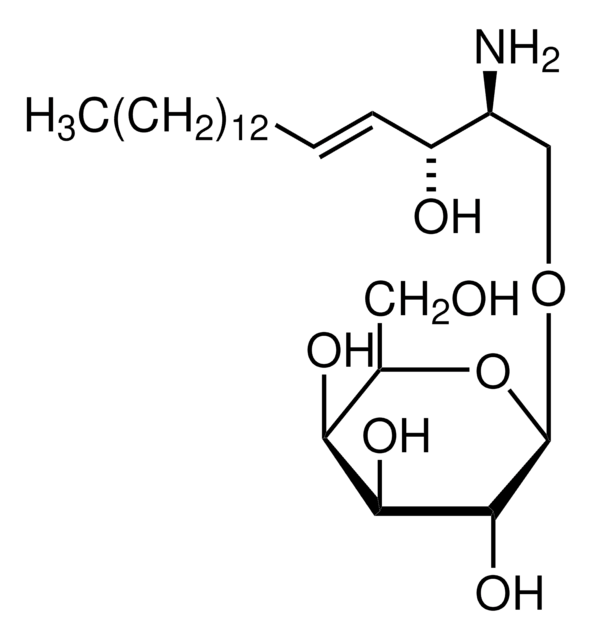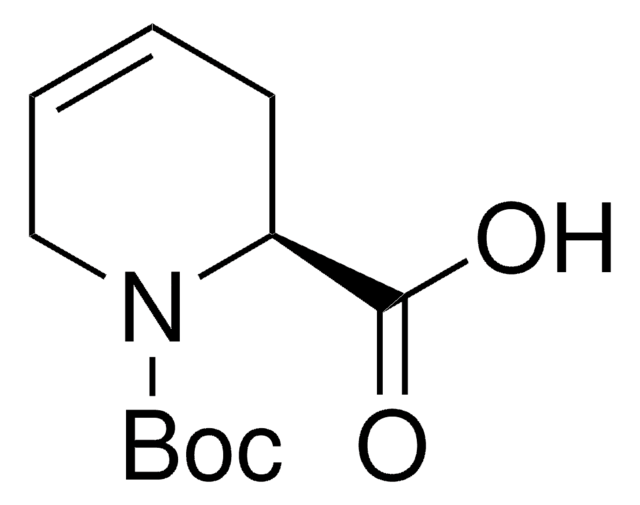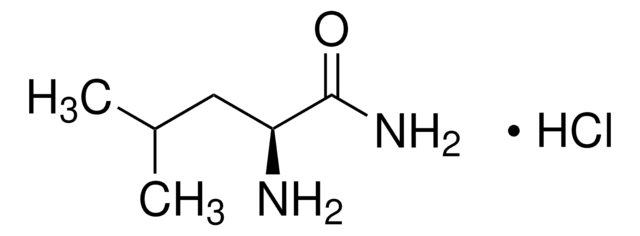SML0311
N,N-Dimethylsphingosine
≥98% (HPLC)
Synonym(s):
N,N-Dimethylsphingosine, (2S,3R,4E)-2-(Dimethylamino)-4-octadecene-1,3-diol, D-Erythro-N,N-Dimethylsphingosine, DMS, Dimethylsphingosine
About This Item
Recommended Products
Assay
≥98% (HPLC)
form
film
color
colorless
storage temp.
−20°C
SMILES string
OC[C@@](N(C)C)([H])[C@]([H])(O)/C=C/CCCCCCCCCCCCC
InChI
1S/C20H41NO2/c1-4-5-6-7-8-9-10-11-12-13-14-15-16-17-20(23)19(18-22)21(2)3/h16-17,19-20,22-23H,4-15,18H2,1-3H3/b17-16+/t19-,20+/m0/s1
InChI key
YRXOQXUDKDCXME-YIVRLKKSSA-N
Looking for similar products? Visit Product Comparison Guide
Application
Biochem/physiol Actions
Features and Benefits
Storage Class Code
11 - Combustible Solids
WGK
WGK 3
Flash Point(F)
Not applicable
Flash Point(C)
Not applicable
Certificates of Analysis (COA)
Search for Certificates of Analysis (COA) by entering the products Lot/Batch Number. Lot and Batch Numbers can be found on a product’s label following the words ‘Lot’ or ‘Batch’.
Already Own This Product?
Find documentation for the products that you have recently purchased in the Document Library.
Articles
Discover Bioactive Small Molecules for Kinase Phosphatase Biology
Discover Bioactive Small Molecules for Kinase Phosphatase Biology
Discover Bioactive Small Molecules for Kinase Phosphatase Biology
Discover Bioactive Small Molecules for Kinase Phosphatase Biology
Our team of scientists has experience in all areas of research including Life Science, Material Science, Chemical Synthesis, Chromatography, Analytical and many others.
Contact Technical Service








